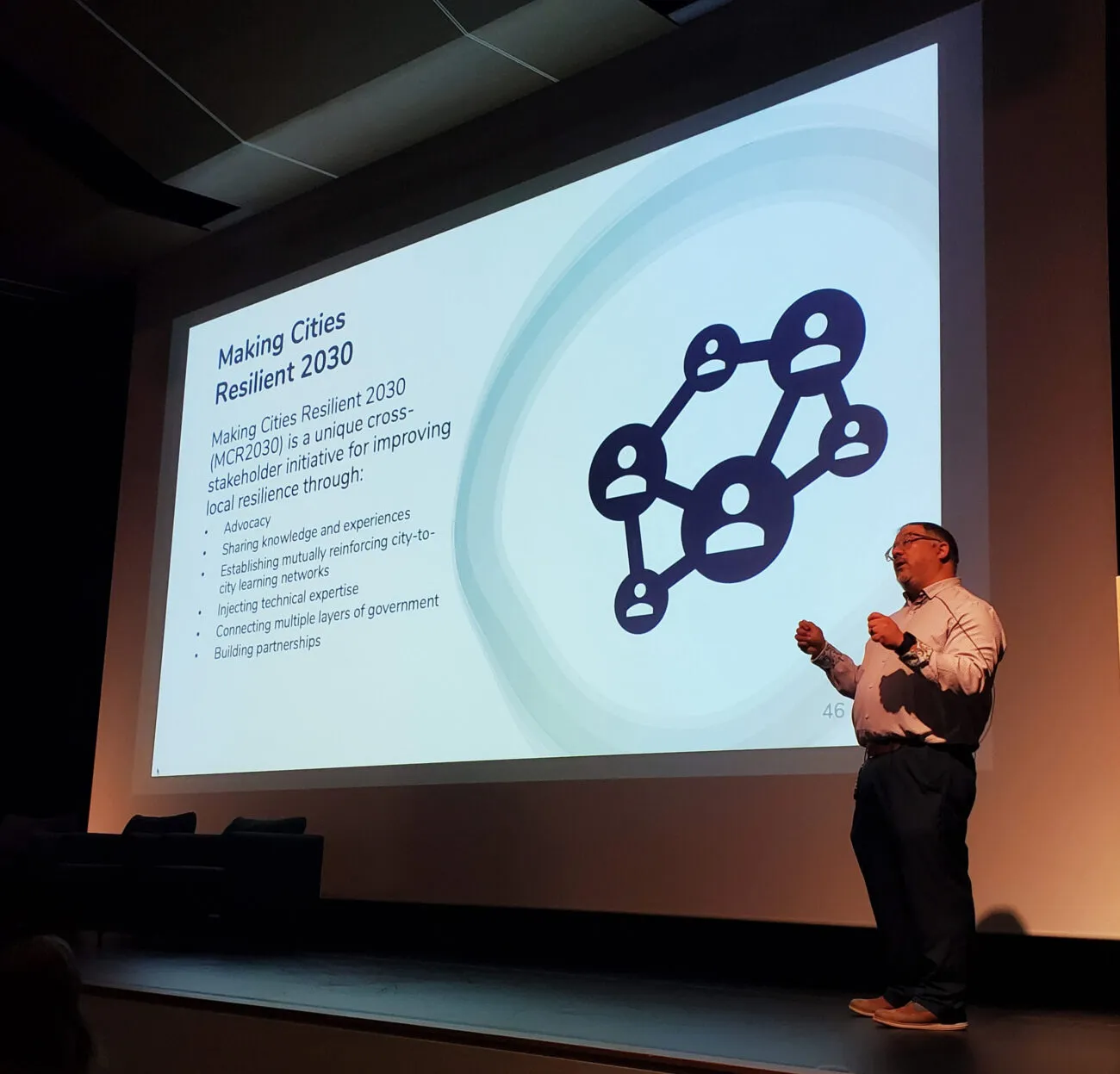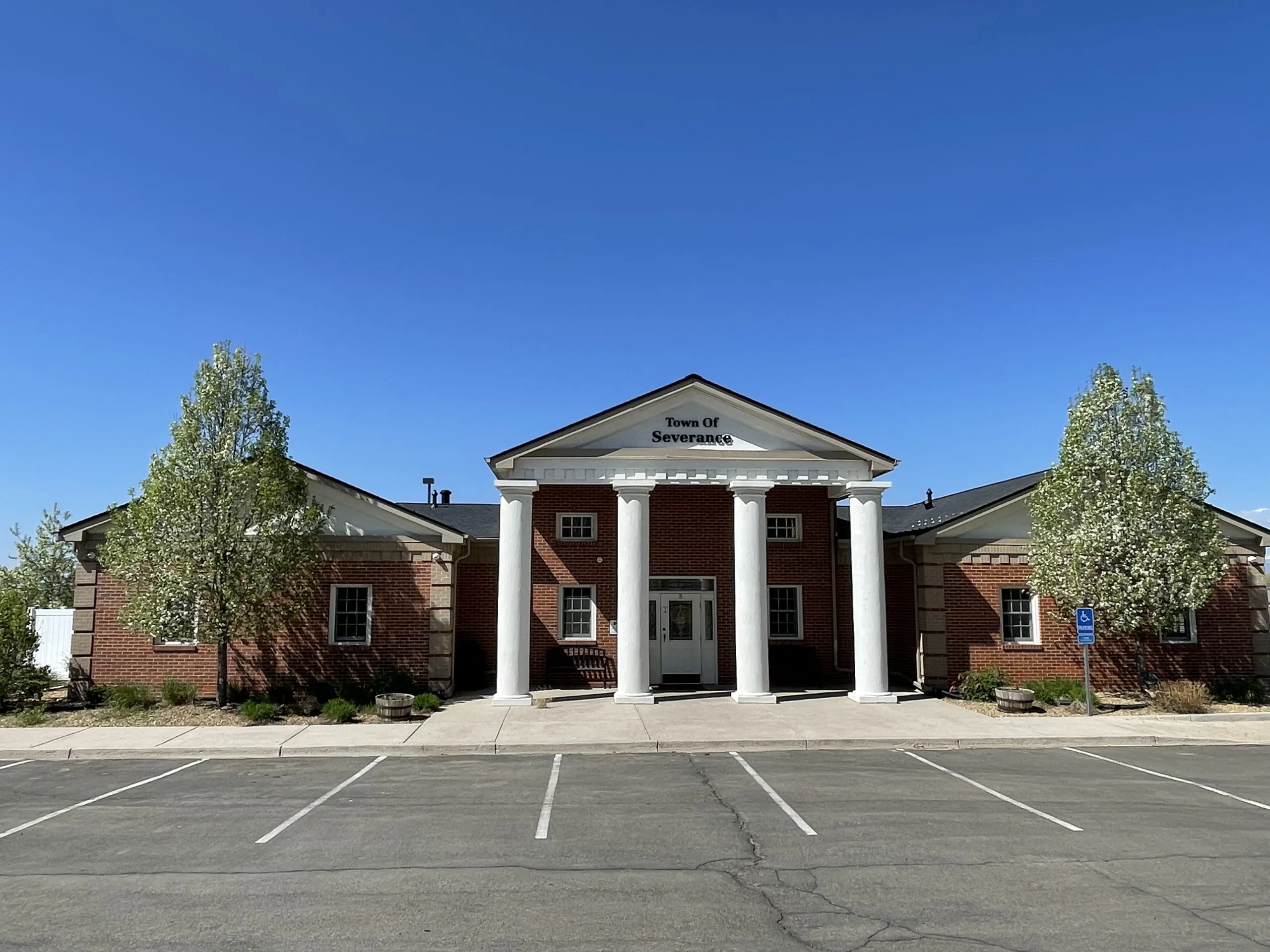Longmont official touts risk collaboration, transit initiatives

Longmont will be the first city in the nation to join a United Nations program aimed at helping governments collaborate to reduce risks associated with natural disasters, health emergencies and other crises, City Manager Harold Dominguez said Thursday.
THIS ARTICLE IS FOR SUBSCRIBERS ONLY
Continue reading for less than $3 per week!
Get a month of award-winning local business news, trends and insights
Access award-winning content today!
Already have a paid subscription?
Sign in with GoogleSign in with Google



